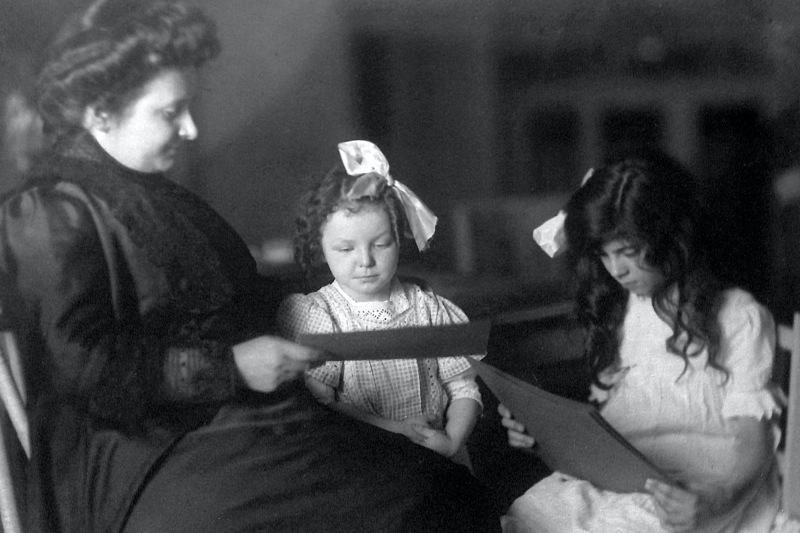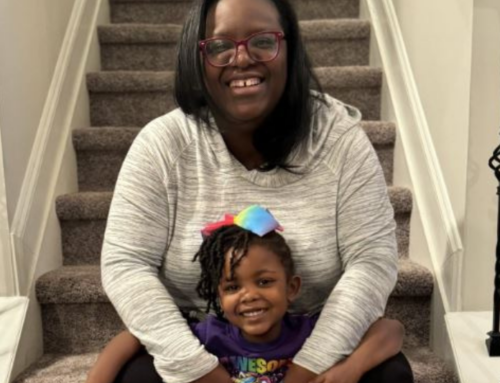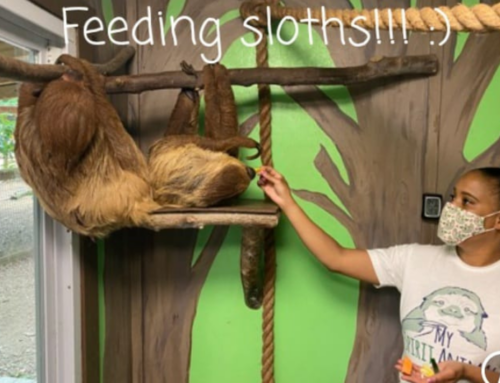It is 2020…100 years of women voting in this country. As we look back to notable moments like this in history, we celebrate women leaders and acknowledge that the path to gender equality has not been inclusive and we are still on it. For that reason, the Change Matrix team is sharing a series of personal essays about women. They might be women we know who were models or mentors and influenced us as professionals. They might be women whose work we have loved and integrated into our own. They might be about our identification as women through a cultural lens.
KAITLIN
One of my favorite aspects of working in early childhood education and development is the strong presence of women leaders. Women dominate the field of early childhood: according to the Center for the Study of Child Care Employment at the University of California-Berkeley, in 2018 women composed 94% of the nation’s child care workers and 98% of pre-K and Kindergarten teachers. Early Childhood educators support the social, emotional, physical, and cognitive development of young children during critical years and serve as a critical resource for working families. One of early childhood’s female pioneers and champions of the holistic approach to education was Dr. Maria Montessori.
Dr. Maria Montessori was the founder of the Montessori approach to education. The Montessori approach is child-driven and designed to attend to all aspects of development by championing inquiry and multi-sensory learning. Children enrolled in Montessori programs do not sit at desks for most of the day and engage in multi-age learning groups. They work independently for long periods throughout the day and decide what projects they want to focus on. The goal of Montessori is to build upon children’s natural eagerness to learn and develop collaborative, critical thinkers.
Education does not look this way for many children today and certainly did not during Dr. Montessori’s childhood in 19th century Italy. A gifted student, Dr. Montessori attended an all-boys technical school and became the first female doctor in Italy when she graduated medical school in 1896. As a pediatrician in a free clinic, she worked with poor children living in Rome’s slums. At the time, society thought that poor children could not learn as well as their affluent peers. Dr. Montessori’s observations and subsequent research with these children and those with developmental disabilities showed her a new way of thinking.
Dr. Montessori began focusing more on education and developing a new philosophy that met the holistic needs of young children. She focused on developing self-motivation and autonomy through guided practices that encourage student independence and care for the self and environment. Her astounding results allowed her to train more teachers in her philosophy, spread her message across Europe and use her platform to advocate for both women’s and children’s rights.
By 1925, the Montessori method was global, with more than 1,000 Montessori programs in the United States. During World War II, Montessori worked on developing quality education programs in India, for which she was nominated for three Nobel Peace Prizes.
As someone supporting the early childhood field, I knew about the Montessori approach but less about the woman behind the philosophy. She was a champion for equitable access to quality education for girls and poor children before this was a societal value. Her recognition of the potential of all children and her holistic approach to education are key aspects of the field today.
Dr. Montessori’s commitment to social justice at a time when she lacked any real blueprint for making change as a woman leader inspires me. There is much work needed to both advance the often-under-valued early childhood field and ensure excellent educational opportunities for all children. However, with the presence of so many strong female leaders in our ranks, I know we can continue to make change.
[Picture above: Photograph from the Association Montessori Internationale, https://montessori-ami.org/resource-library/facts/timeline-maria-montessoris-life]



